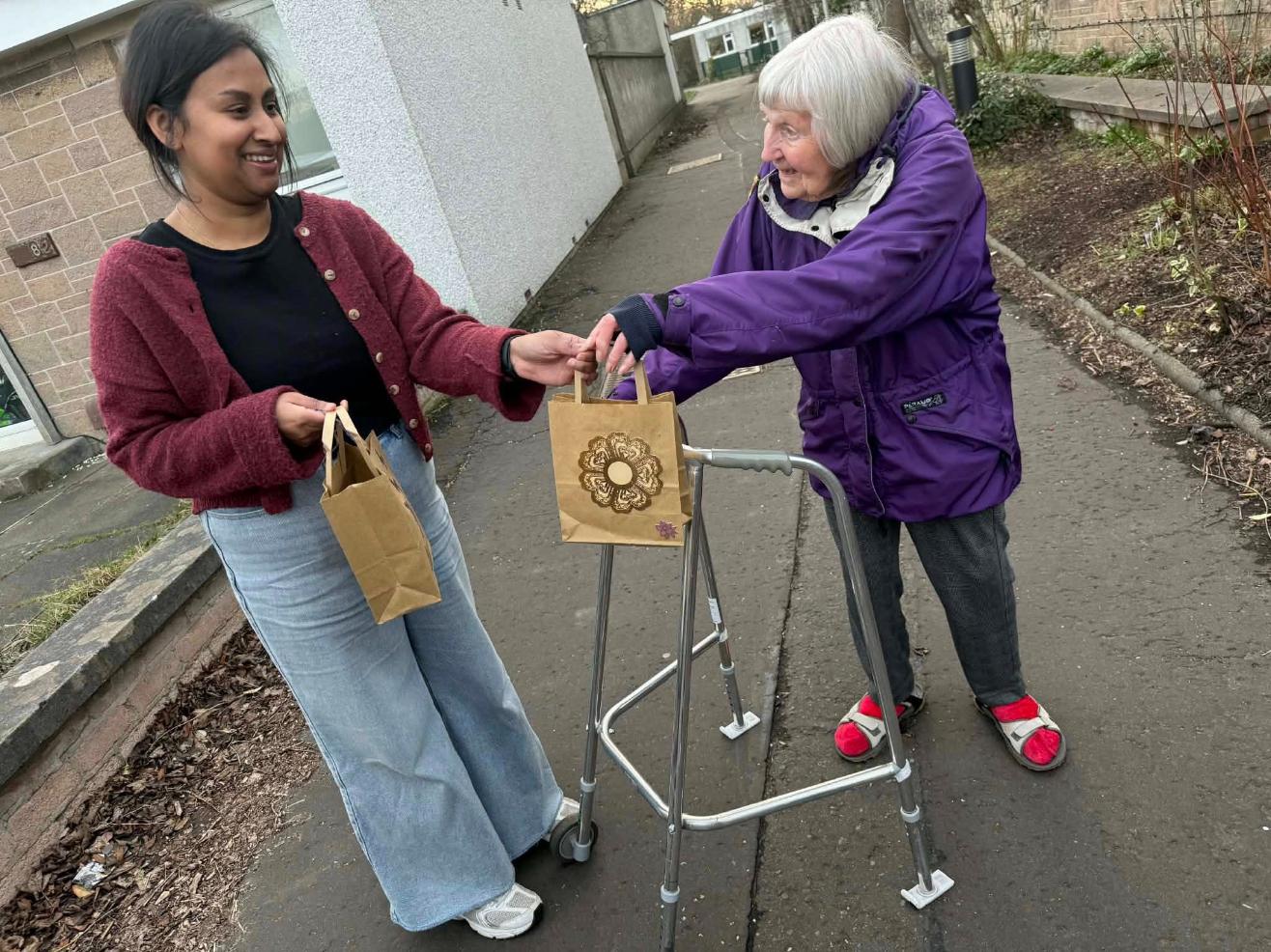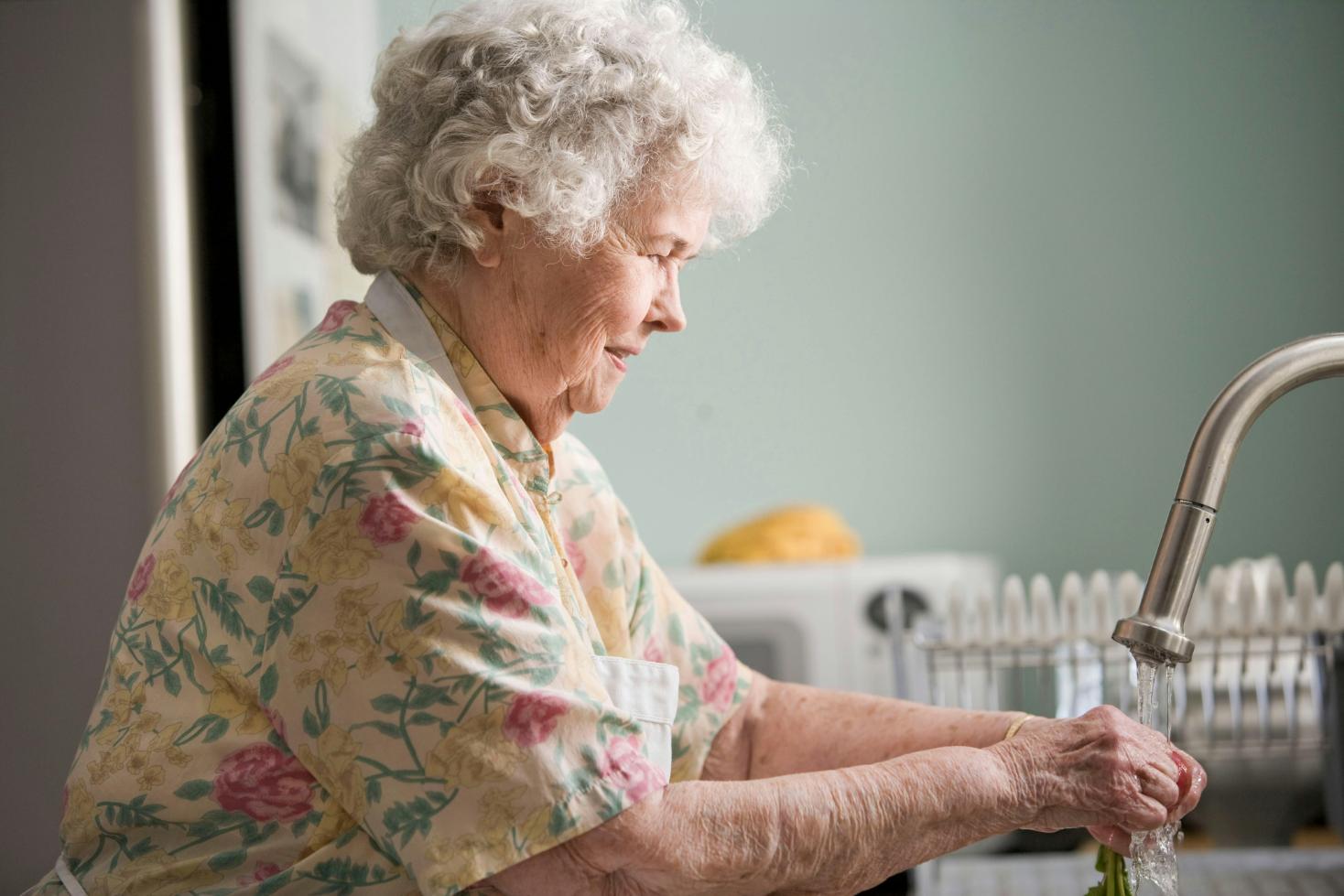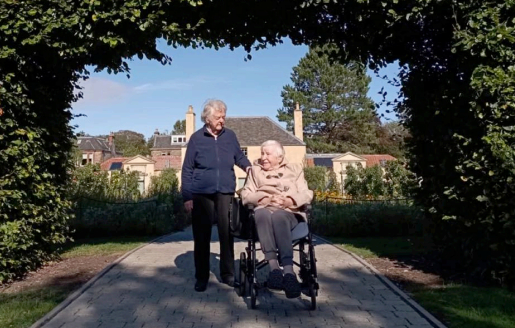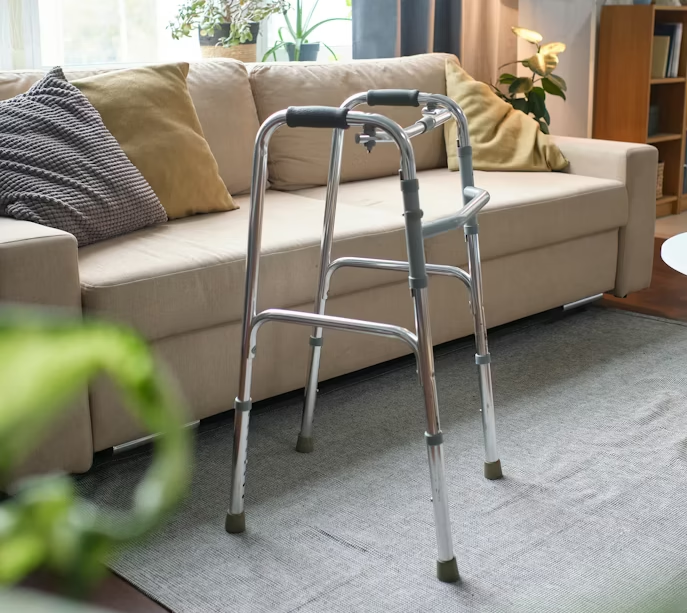5 Ways a Care Home Can Help Someone Living With Dementia
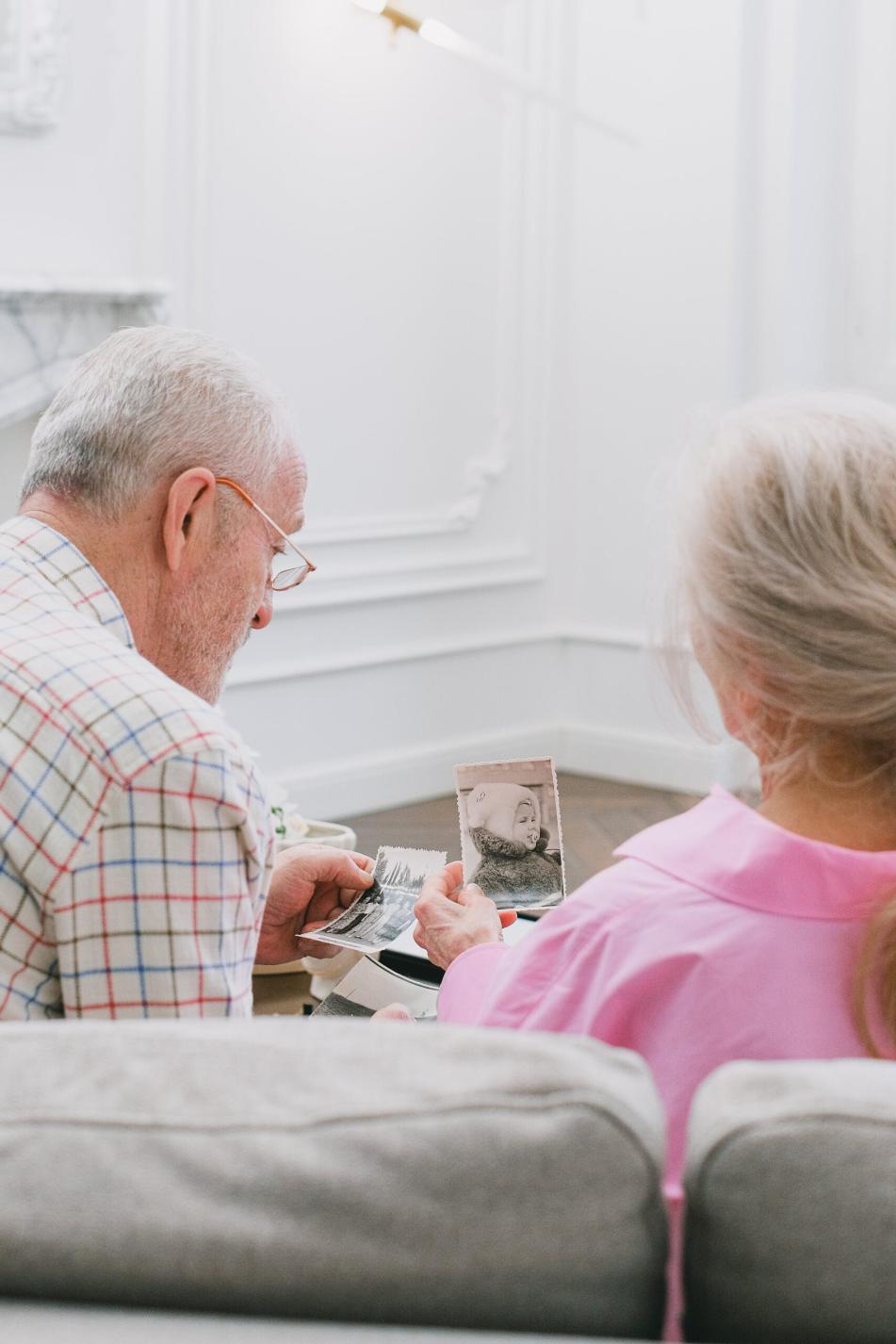
Moving into a care home is something that needs to be thought about and considered for many older people. Living in a residential care home is an excellent idea for many individuals who are unable to live alone, especially for a person living with dementia.
Dementia can have a negative impact on someones mental health as well as their physical health, therefore making it extremely difficult to maintain a household and do everyday tasks such as washing and cleaning. It is important for those living with dementia to receive the right care and support that they need to ensure they live a life stress free, with no anxiety. Additionally, those that care for someone with dementia will eventually get to a point where they can no longer meet their demanding needs.
Care Homes for Those Needing Dementia Care
Living in a care home can provide lots of extra assistance and support, whether a resident is looking for company, a more consistent routine, or simply needs help with day to day activities and tasks. A care home is a safe place, where you have no safety concerns. Care homes are built and decorated in a way that alleviates any stress associated with dementia. There are many care homes around Scotland that provide dementia care, which is separate from residential care and nursing care.
It can be hard to decide when is the right time to move someone into a care home, yet when you are informed about what to expect and the advantages group living can offer, it can become much easier to make that decision. Everyone has the same priority for their loved ones; to ensure they live a full life within a safe environment and care homes offering dementia care can provide exactly that.
The Advantages of Living in a Care Home
It is always advisable to look into some of the benefits when it comes to moving into a care home, despite the fact that every care home is different and provides a range of services.
Your hobbies, interests and social activities are always supported.
No matter what stage of dementia someone has, whether it’s the early stages or more progressive stage, the interests and hobbies will always be supported. From taking part in meaningful activities such as arts and craft sessions to watching their favourite movie on the big screen and walking around the homes beautiful garden, all residents will have the opportunity to enjoy their usual hobbies alongside having the option to try something new.
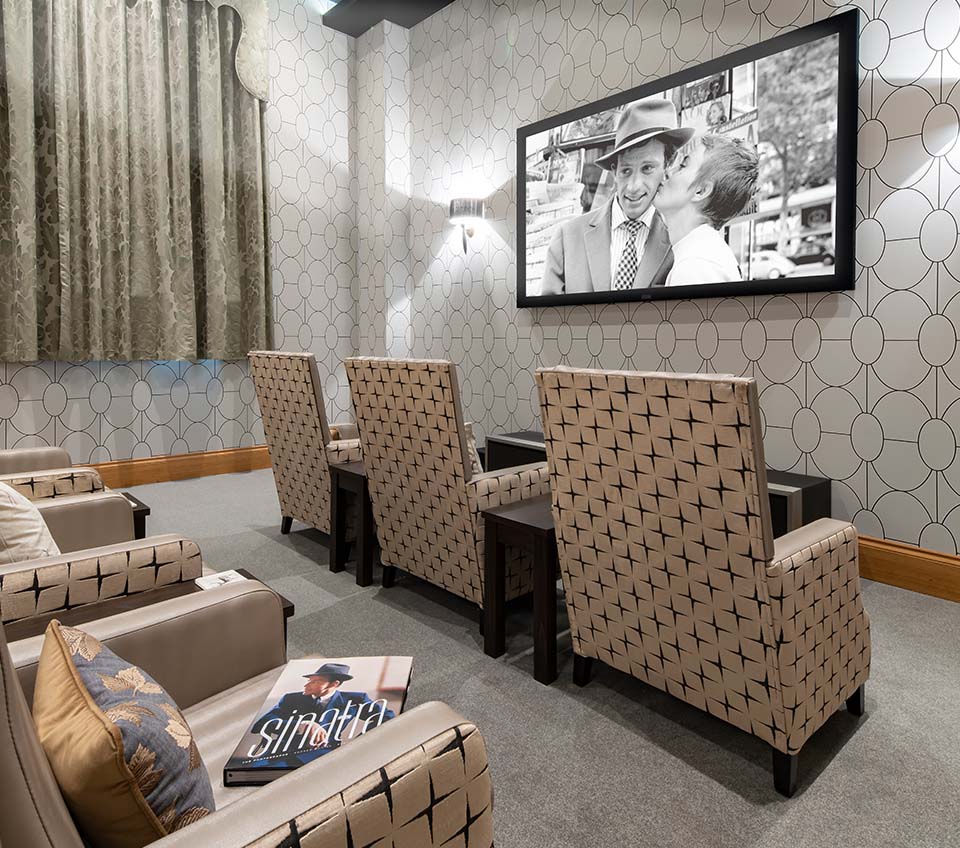

An implemented structured daily routine.
For a person with dementia a daily routine can be highly beneficial and can help residents stay focused whilst avoiding feeling anxious. Sometimes, older people can find it hard sticking to a routine, especially after they have retired, yet in most care homes, you can find a varied activities programme which has been designed to blend a sense of familiarity, with new and exciting things to take part in.
Personal care for people living with dementia.
For many people suffering from dementia, the daily struggles and challenges hinder their quality of life. These can be mobility issues such as not being able to stand long enough to have a shower, issues relating to memory loss such as making a simple meal or remembering to take their medication.
Continued high quality of life.
Dementia can progress at different speeds for different people, yet it will get worse over time. However, something that will never change is the passion a care team within a care home have for their residents, the dedication and compassion they have ensures everyone gets the most out of their life. No matter what care home you move your loved one to, their approach to care will all be similar, making sure residents are always put first.
Support groups for both friends and family members.
One thing that isn’t spoken about enough is the toll dementia can have on others, not just the individual but those who are closest to them. Therefore, most care homes will offer support groups to remind others that they’re not alone in this circumstance. If the care home doesn’t provide in-house support groups, they will have many links to charities such as the Alzheimer’s Society. Additionally, most care homes will offer respite care, which enables loved ones to rest whilst the person needing care is looked after.
Dementia Care at Trinity House Care Home
Here at Trinity House, we have an amazing team of registered general nurses, senior carers and health care assistants who work around-the-clock to ensure all our residents with dementia are receiving the best care possible. We are proud to say that we stand out from the rest for many reasons, one in particular is due to our home manager Ann, with her knowledge, understanding, expertise and training with dementia care, Ann is our in-house specialist along with the rest of our dementia care team; everyone has received professional and specialised training and we are devoted to providing every opportunity for our staff to continue training whilst expanding their knowledge.
In our Edinburgh care home, we benefit from integrated living rather than separating residents based on their care needs. This approach is useful for our residents with dementia, as it fosters a vibrant community and promotes a healthy lifestyle through shared experiences. We firmly believe that dementia should not define our residents; instead, it's about empowering everyone to live well, promoting independence.
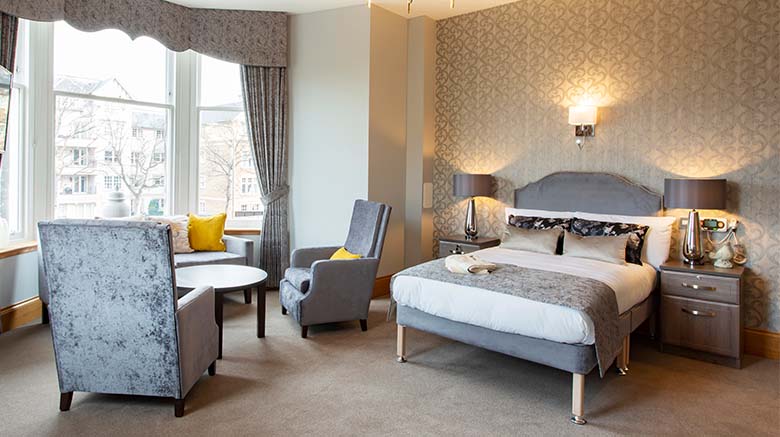
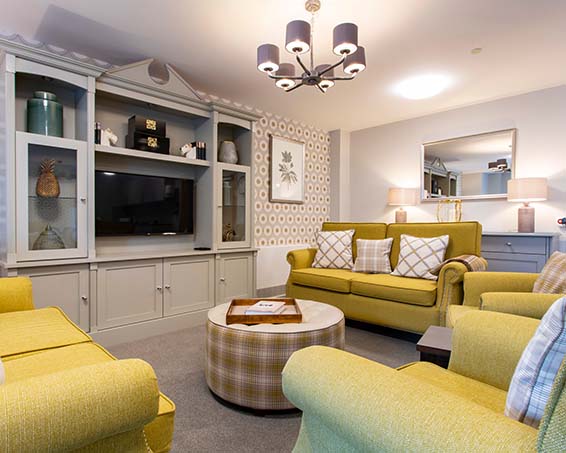

Our dedicated Care Teams and Activity Coordinators go the extra mile by engaging closely with our dementia residents and their families. Through ongoing dialogue, we communicate and gain insights into their individual preferences and needs, allowing us to tailor activities and therapies accordingly. We understand that navigating dementia care can be daunting, but rest assured, we're here to guide you through it, make you feel safe and demonstrate how it can significantly enhance quality of life.
At Trinity House Care Home, we operate with an open-door policy, welcoming loved ones to visit at any time, ensuring you get maximum quality time with your loved ones. This accessibility ensures that families remain closely involved in their loved one's care journey, fostering a supportive and inclusive environment.
Our friendly staff is always available to help you in any way they can. Please do not hesitate to contact us if you have any queries about our dementia care or life in general at Trinity House Care Home. If you’d like to see how we make life truly engaging for our residents, we’d love to invite you to explore our activities programme. We'd love to welcome you to take a tour of our home—please get in touch to book your personalised visit.

